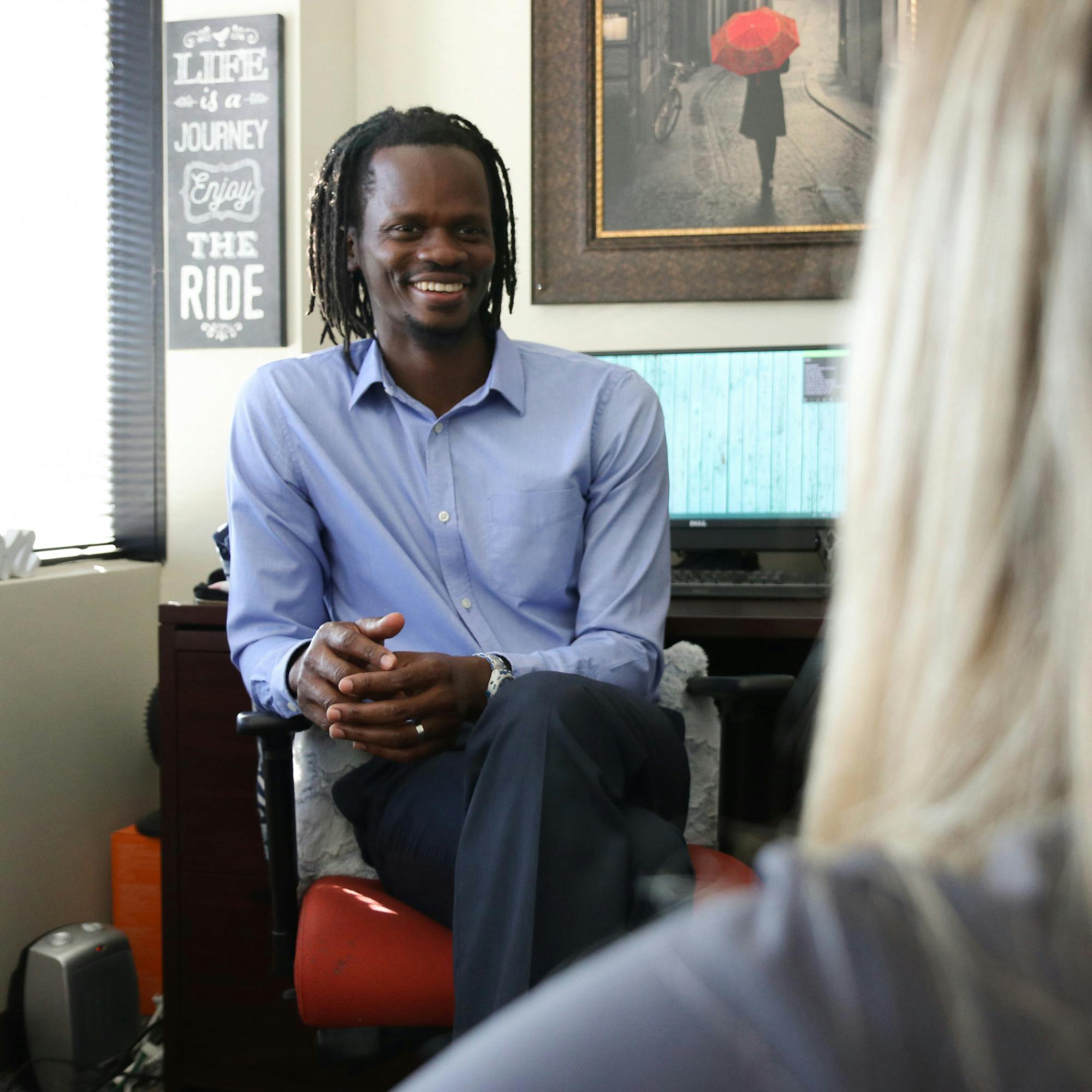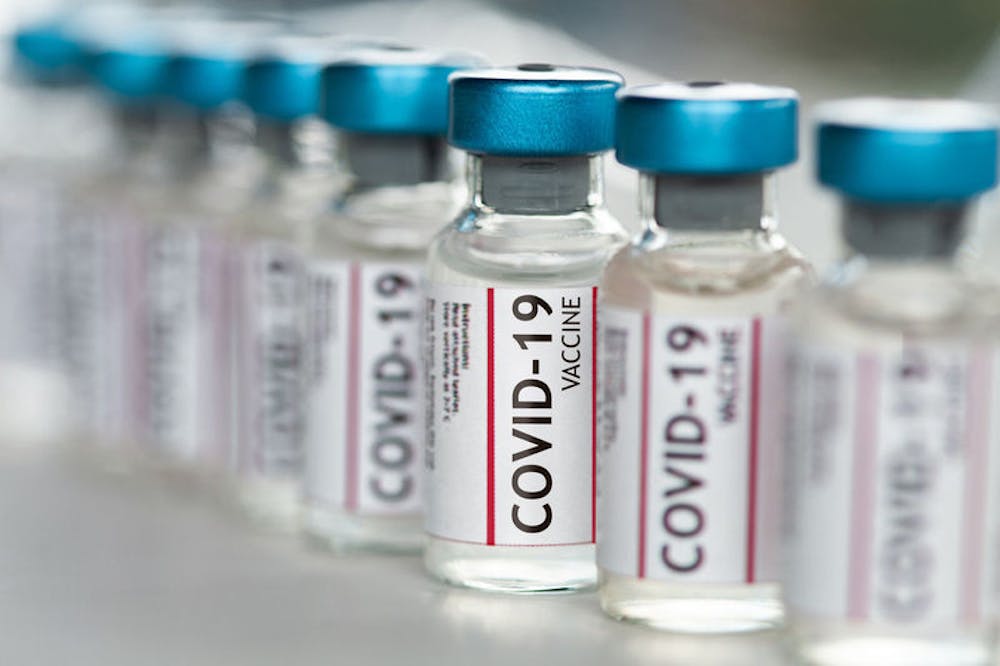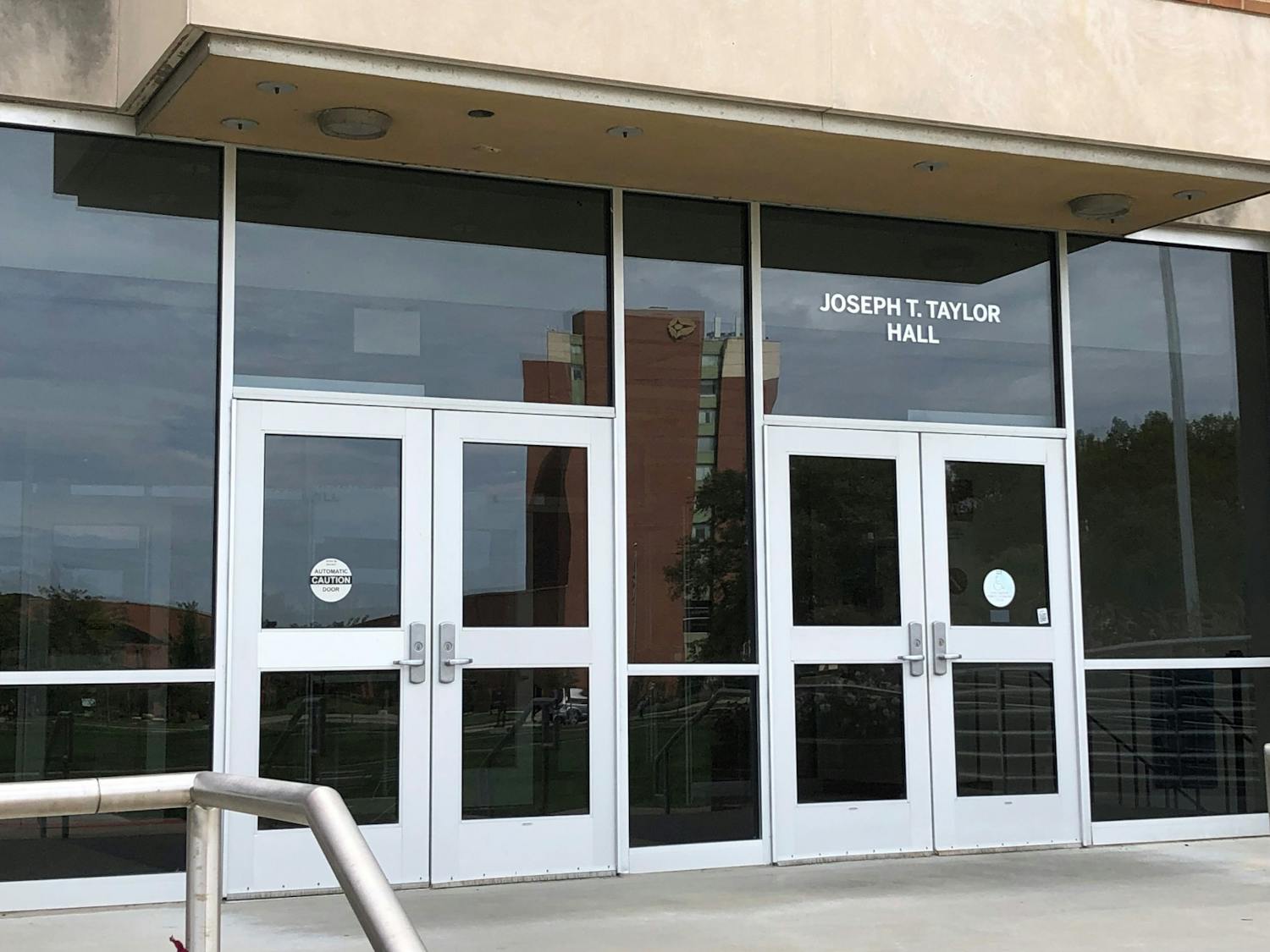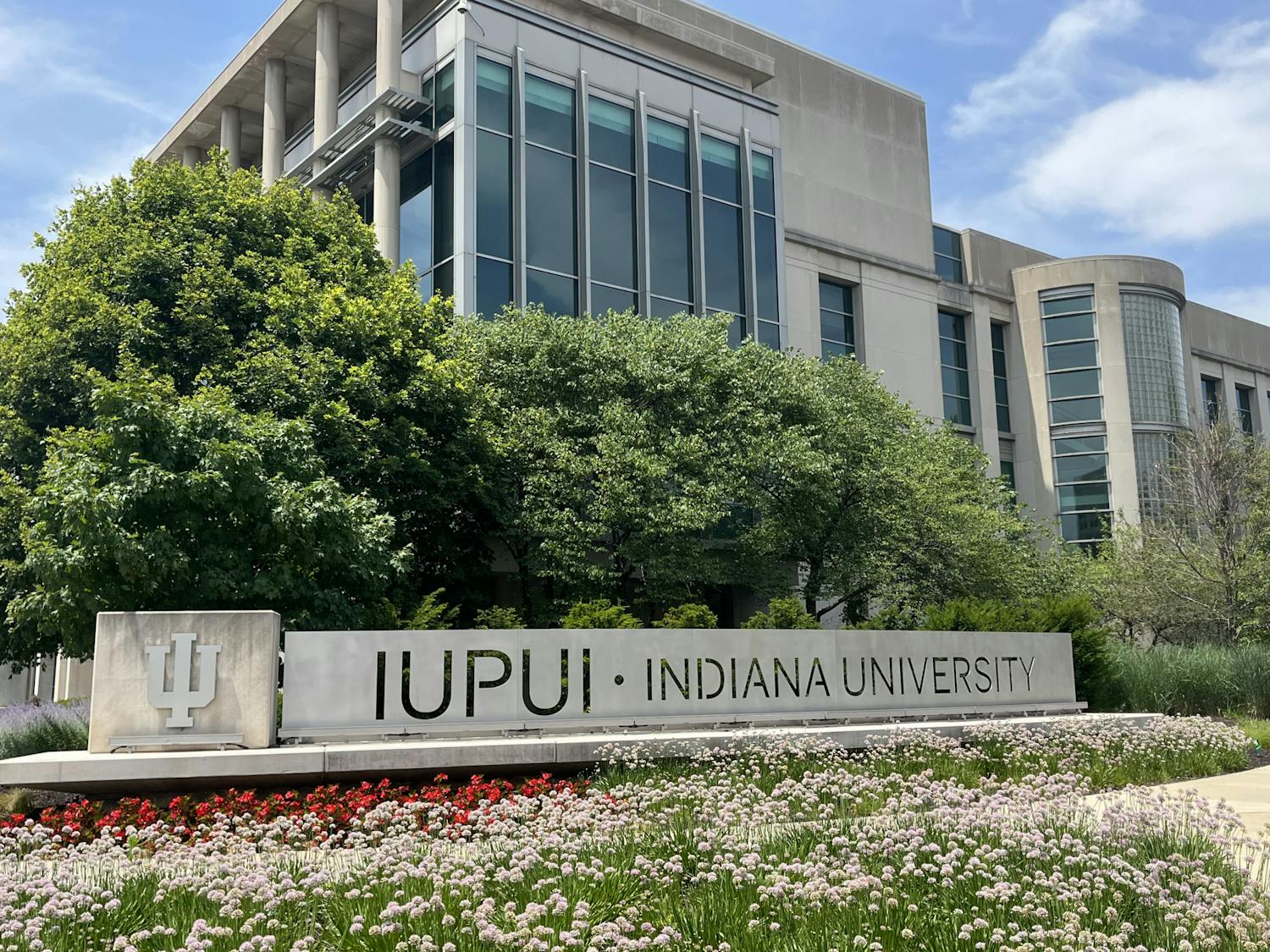Many people feel like life is returning to normal in the wake of lifted mask mandates and more events on campus regaining their in-person status for the first time in over two years.
But for many students, the sustained isolation has affected them for the long haul, and it’s something that lifted restrictions and a vaccine can’t cure.
A study conducted by researchers across several major universities on college students at the University of Pittsburgh found that students are not bouncing back from the changes brought on by the COVID-19 pandemic. Researchers have found that at one year since the start of the pandemic, college students were still significantly less active and more at risk for depression, even as social restrictions were being lifted.
According to a survey conducted by the CDC in June 2020, 41% of Americans reported experiencing at least one adverse mental or behavioral health condition due to pandemic-related stress.

Mental Health America launched an online mental health screening tool in 2014, which is now the most widely used online self-screening tool in the nation. According to a research project conducted by Harold Kooreman and his colleagues for IUPUI’s Center for Health Policy, between January 2015 and December 2020, over 85,000 self-screenings were completed in Indiana alone. From the months April 2020 to December 2020 during the COVID-19 pandemic, nearly 60% of Indiana screenings were completed by people between the ages of 11 and 24.
Many freshman students struggle with feeling overwhelmed by college because they spent the last two years of high school in total social isolation. While it’s still too early to make a definitive call, research shows a probable correlation between pandemic-related isolation and suicidal ideation.
At IUPUI, there has been an increase in demand for mental health services, even as COVID-19 restrictions die down.
IUPUI’s most advertised mental health service is CAPS. According to their website, CAPS offers a full range of mental health services and support. They offer several counseling options and resources and go as far as to offer zoom classes and awareness presentations.
While CAPS is an amazing resource, it can be challenging for students to access their services, and not everyone has adequate health insurance or the funds to secure routine sessions through the program.
Many students have made it clear that they have struggled to get through to CAPS in a timely manner throughout this school year. Whether it can be chalked up to an overwhelming demand for services or a lack of resources, it is clear that students feel left in the dust by the school's resources

Staff and students are working hard to reduce these issues and provide more support for the students who need it.
For students who are not in an urgent mental health crisis, but feel that they need some guidance and support, the Bepko Learning Center has opened up a new program to help students by providing one-on-one coaching.
“Through the academic success coaching services, students can attend coaching sessions led by student peers at no out-of-pocket cost. Coaches are trained learning specialists that can navigate a variety of topics that impact students' college experiences. Most commonly, their discussions center around academics, managing commitments, and effectiveness,” said an employee of the Bepko Learning Center involved in the new project, who preferred to remain anonymous. “That said, conversations will certainly dabble in career aspirations, graduation, school community, finances, as well as mental and physical health. Particularly when discussing finances and health, coaches are cautious about the boundaries of their role--some topics are better discussed with the financial aid office or a licensed therapist.”
The process is rather simple and stress-free. Any student can drop into the BLC at their convenience and ask to sit with a coach with no appointment or payment required. This option can potentially be more efficient for students who struggle with their mental health since it cuts out some of the steps required to sign up for CAPS services that can possibly be anxiety-inducing.
As campus moves forward into what could be the first completely normal year of school since the pandemic started, it’s important to keep in mind that statistics are showing that most students still haven’t recovered from the trauma this pandemic has caused.
The prolonged issues students face as IUPUI continues to find its post-pandemic identity have no easy solution, but continuing to advertise mental health resources and make them more accessible to students in need is a definite step in the right direction.
If you are ever in a mental health crisis and have suicidal thoughts or ideations, please contact the National Suicide Prevention Line at 1-800-273-8255, or call 911.
Kylee Leahy is a sophomore studying journalism at IUPUI.





